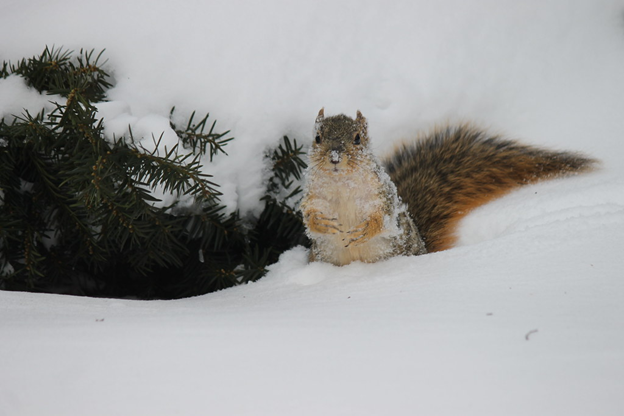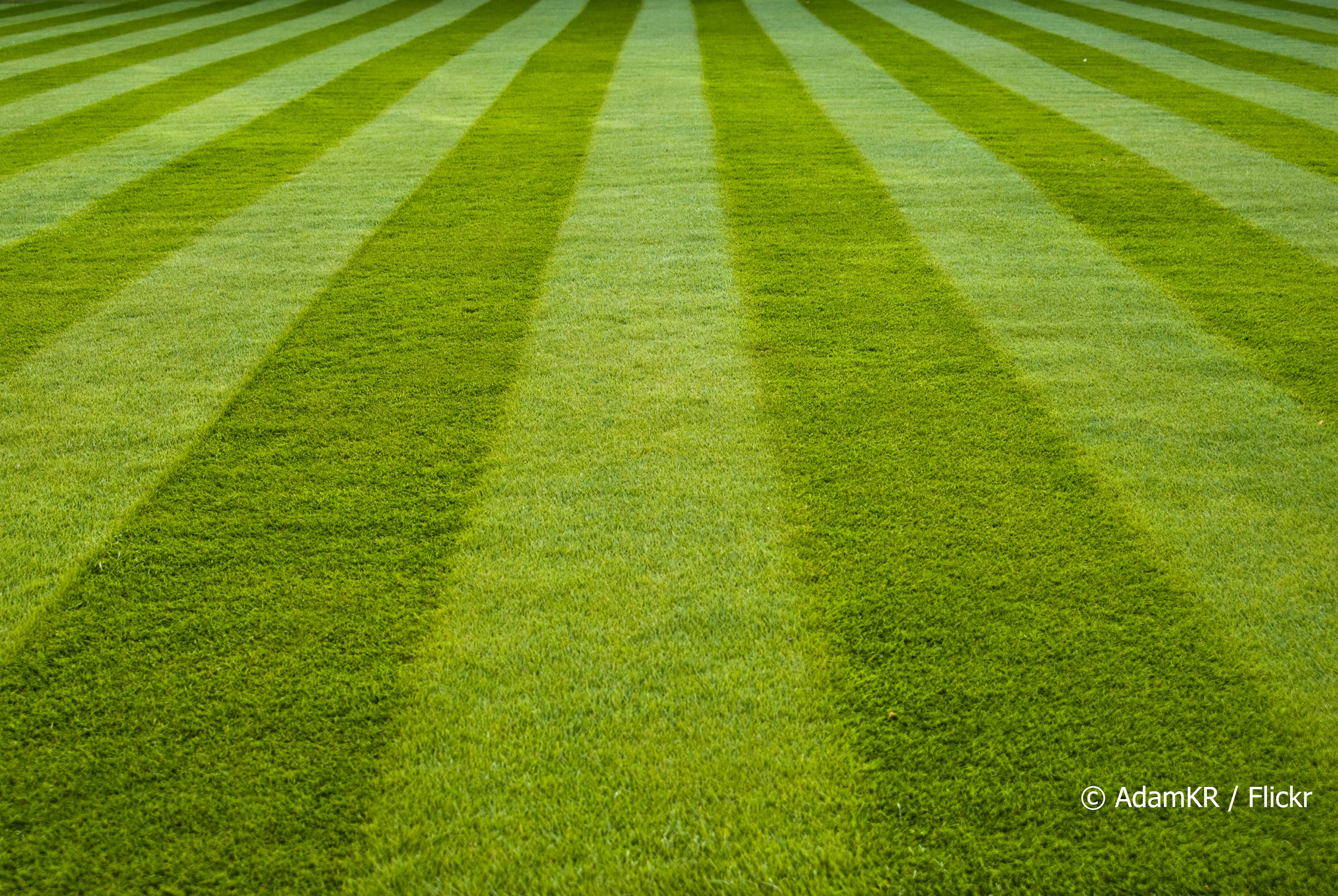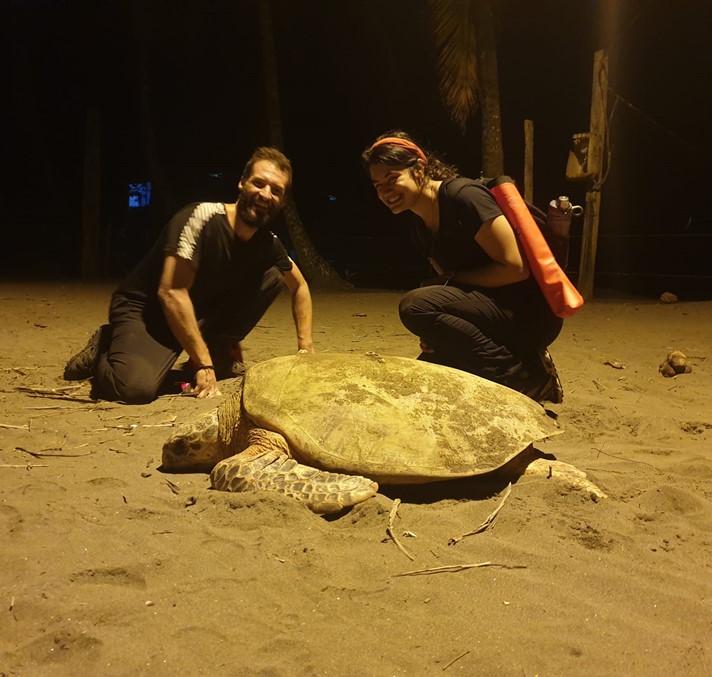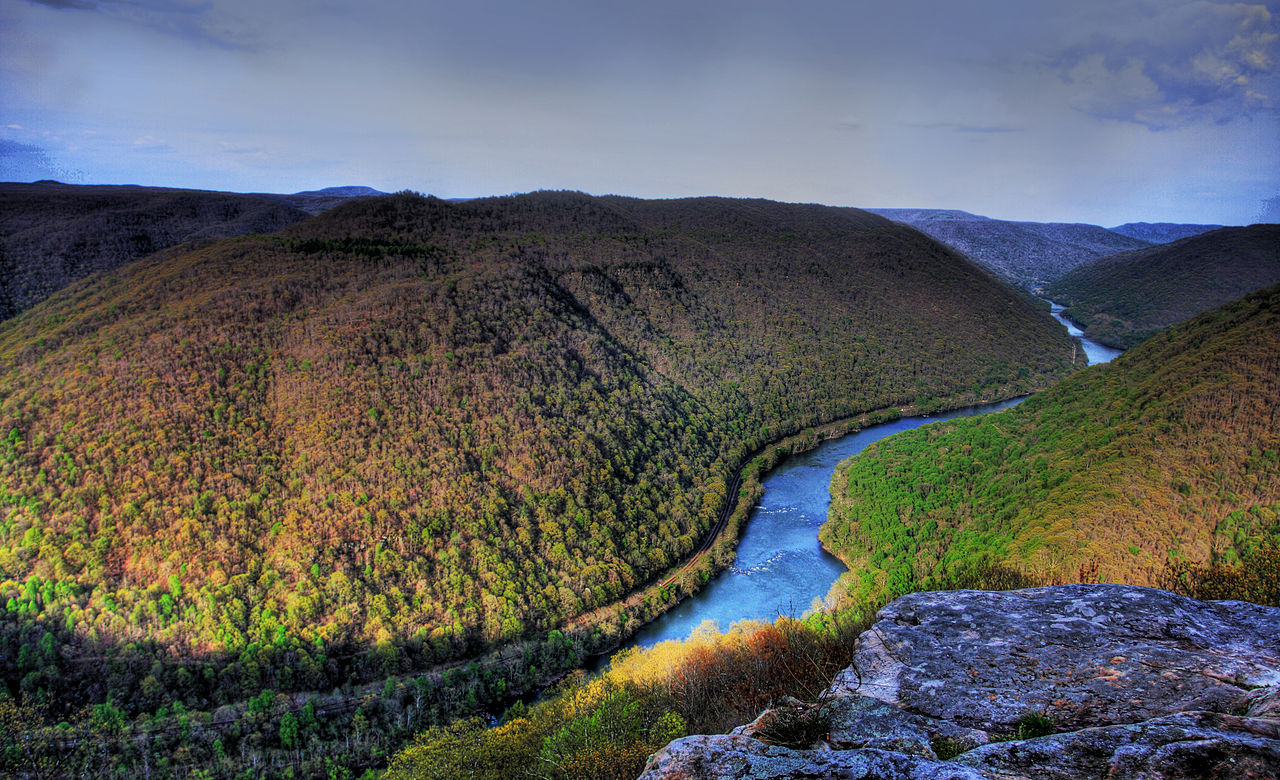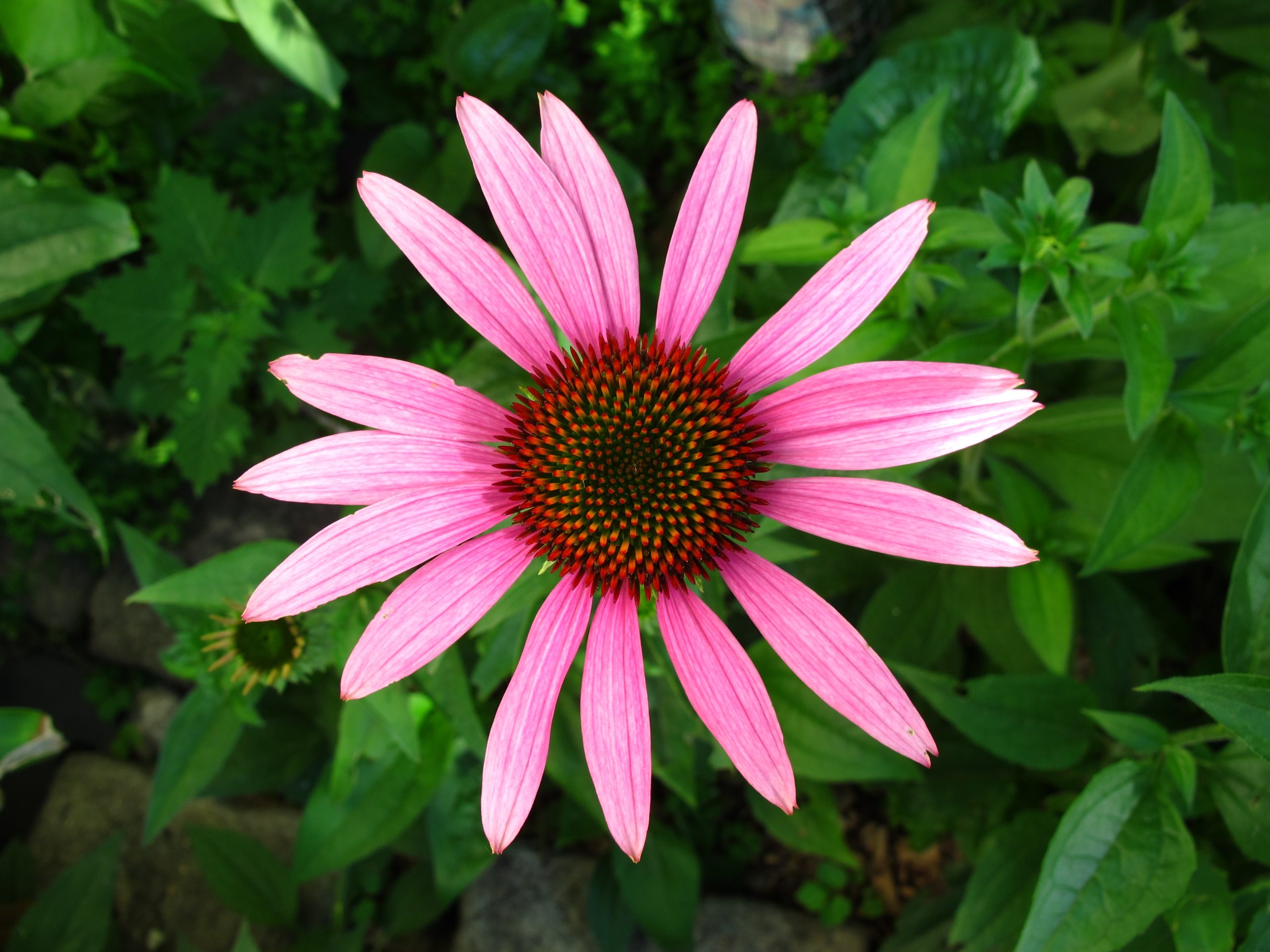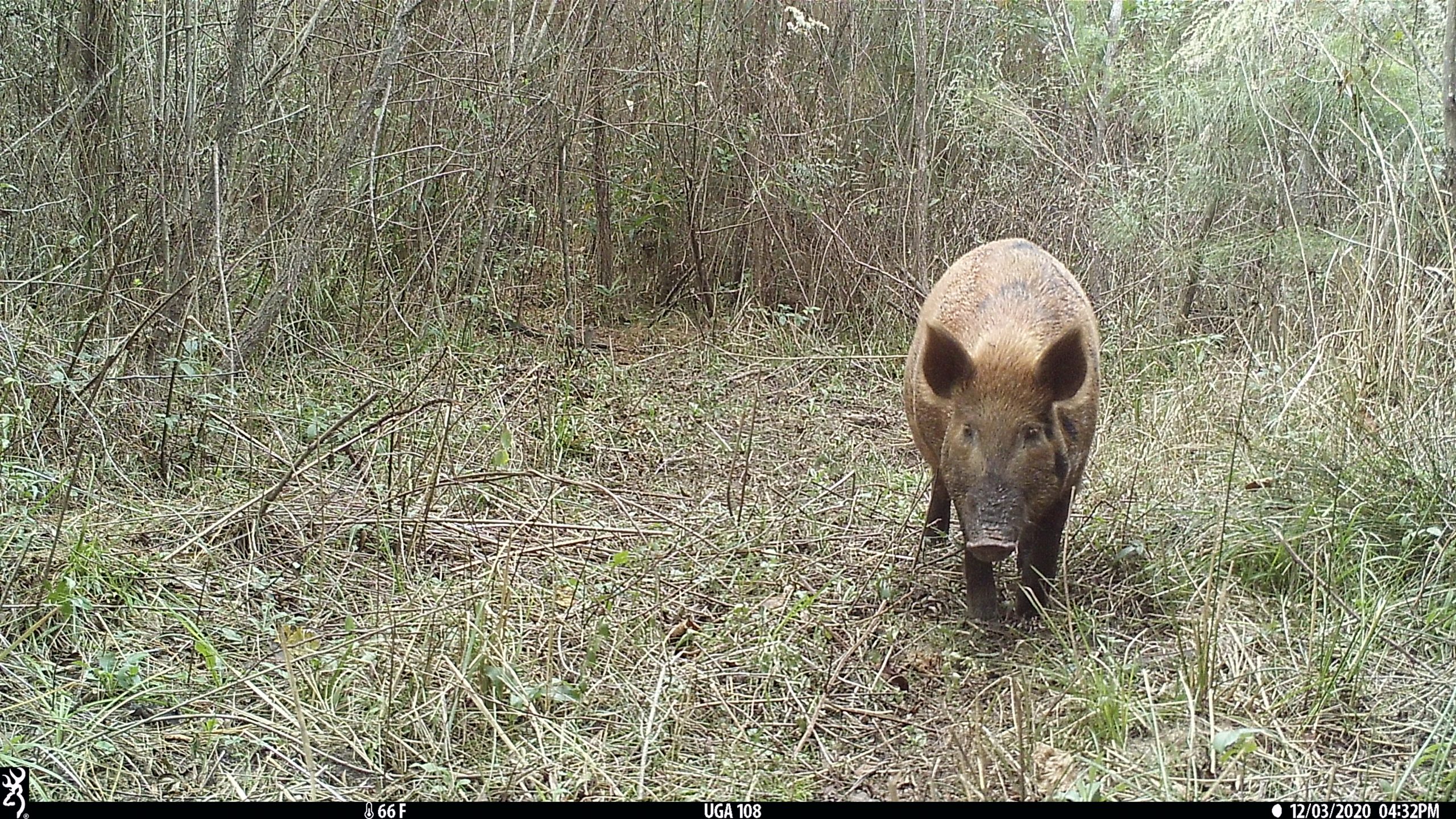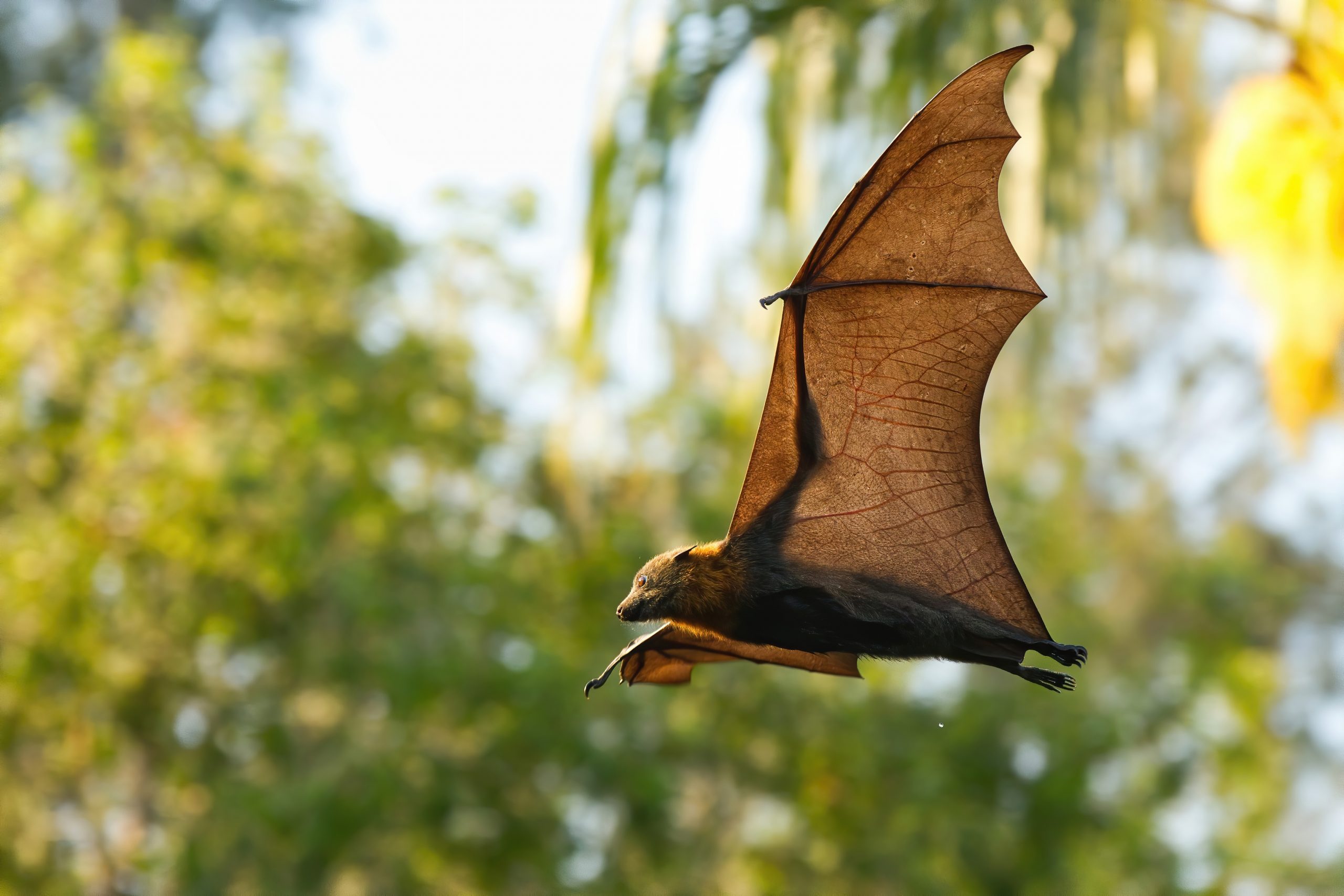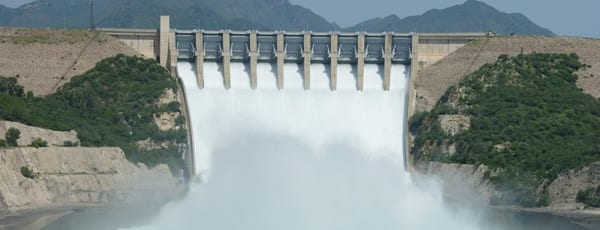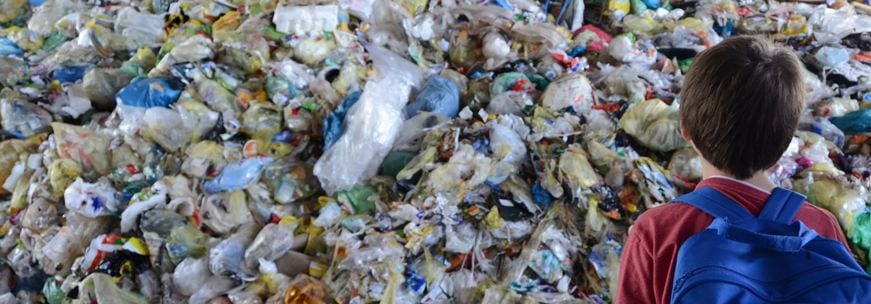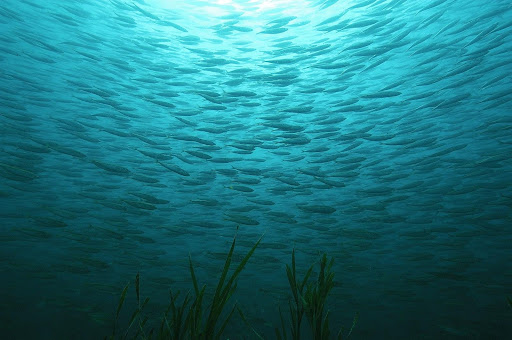
The small genetic quirk that could help us fight biodiversity loss
The numbers are in, and it’s official: we are losing the fight to save the many endangered species on our planet. Despite a growing number of global voices highlighting the importance of preserving biodiversity to worldwide human health and food security, the WWF’s Living Planet Report 2022 estimated we’ve lost 69% of monitored wildlife populations,

